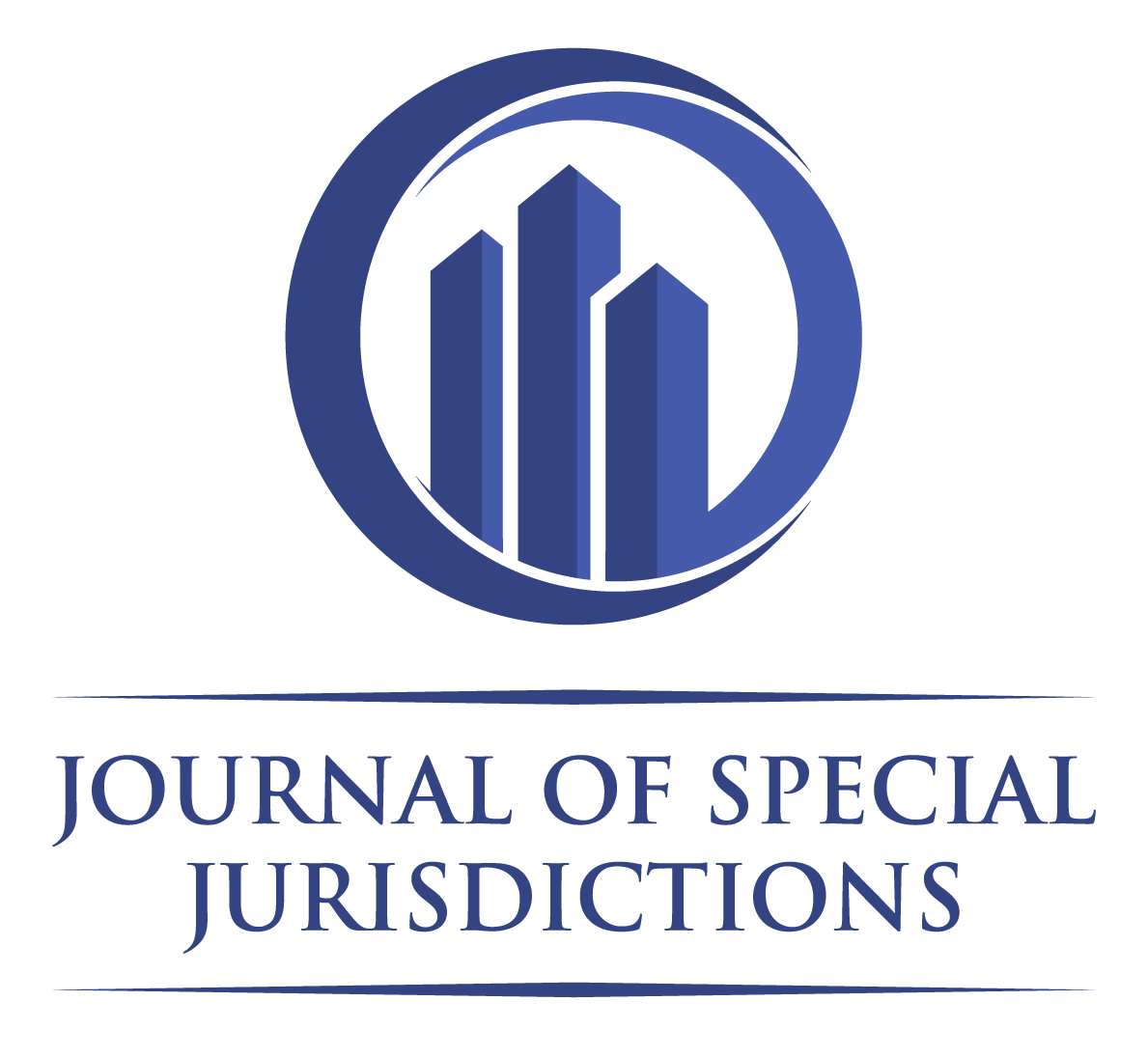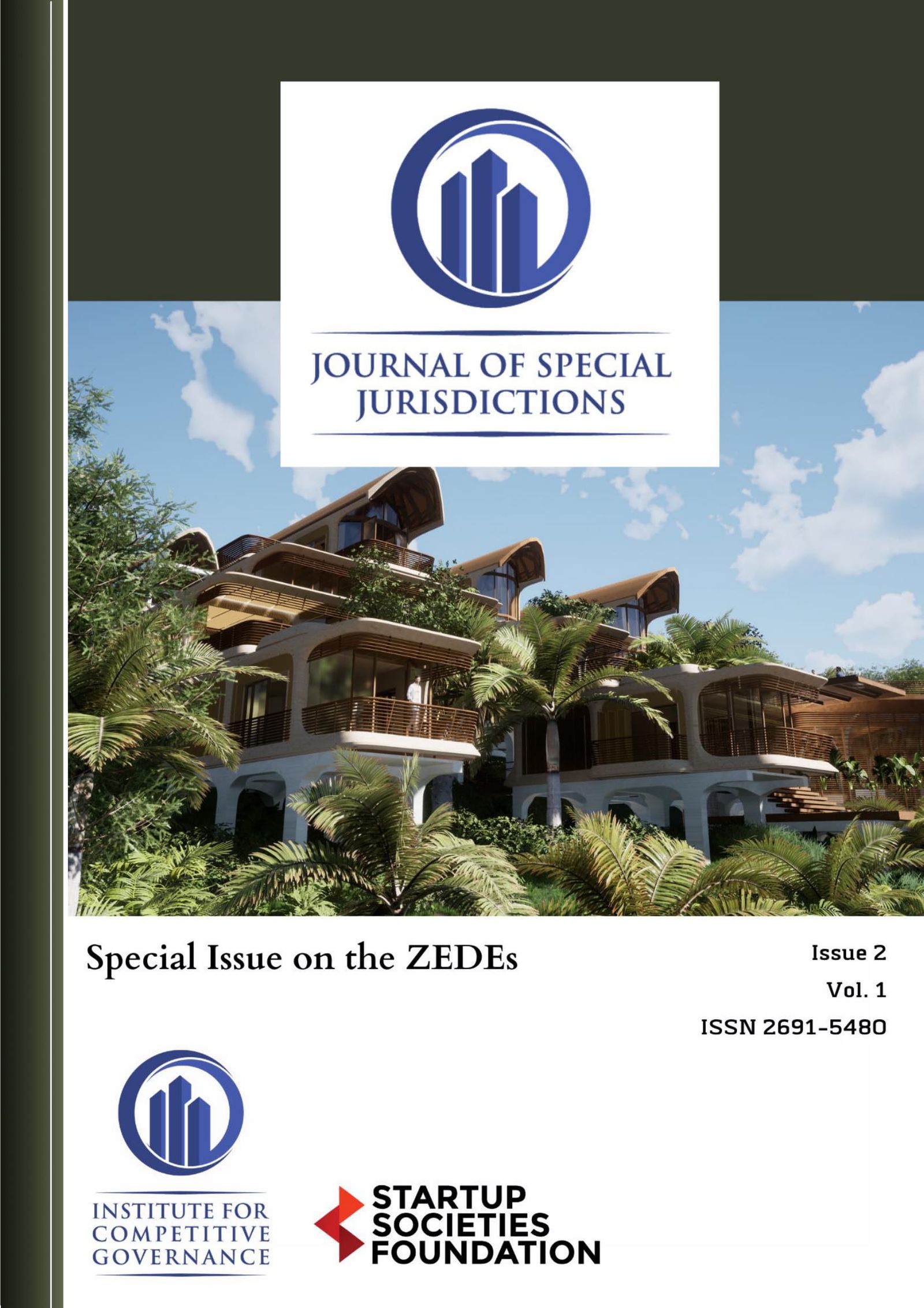- Home /
- Archives /
- Vol 1 No 2 (2021): Special Issue on the Honduran ZEDEs /
- Articles
Common Law Zones
An Illustrated Review
- Tom W. Bell
Abstract
Governments across the globe have created special jurisdictions offering common law rules and practices imported from abroad, the better to attract foreign investment and stimulate local economic growth. Four such common law zones have launched in recent years: the United Arab Emirates’ Dubai International Financial Centre, in 2004; the Abu Dhabi Global Market, also in the UAE, in 2015; Kazakhstan’s Astana International Financial Centre, in 2018; and the first Honduran ZEDE, in 2020. Each of these common law zones has faced the challenge of transplanting foreign rules and practices into a jurisdiction set apart from that of its host government, which instead follows some mix of Napoleonic Civil Code, Sharia, and/or Soviet legal traditions. The first three zones have answered that challenge by importing the common law of England (and sometimes also Wales) and entrusting its interpretation to courts that, while set apart from the local legal system, remain under the control of government officials. The ZEDE system takes a different approach. It requires each ZEDE operator to come up with its own detailed governance plan, subject to independent review, and carefully insulates ZEDE Courts from Honduran politics. The first such plan to win approval, that of the Próspera ZEDE on the island of Roatán, collects rules from various private sources in a Common Law Code and subjects most disputes to interpretation by private arbitration services. This report from the field thus finds two species of common law zone, a burgeoning genus of special jurisdiction. The first species draws its law from foreign sovereigns and leaves its courts exposed to political interference. The more recently evolved species of common law zone, as evidenced by the Próspera, enjoys greater freedom to choose and interpret its own governing rules. In theory, that should give ZEDEs an advantage over competing zones in providing the rule of law. In practice, the contest between common law zones has only just begun
Copyright (c) 2021 Journal of Special Jurisdictions
This work is licensed under a Creative Commons Attribution-NoDerivatives 4.0 International License.
Authors who publish with this journal agree to the following terms:Authors retain copyright and grant the journal right of first publication with the work simultaneously licensed under a Creative Commons Attribution License that allows others to share the work with an acknowledgement of the work's authorship and initial publication in this journal.
Join The Journal of Special Jurisdictions

Special Jurisdictions are changing the world of politics, society and economics.
We welcome scholars to join ICG in our efforts to find better ways to better government.

